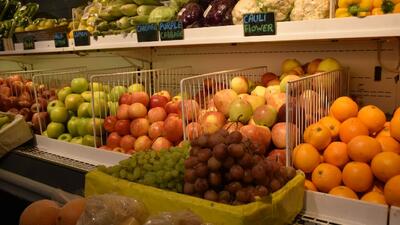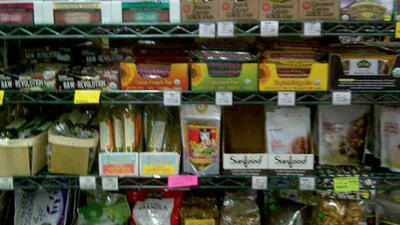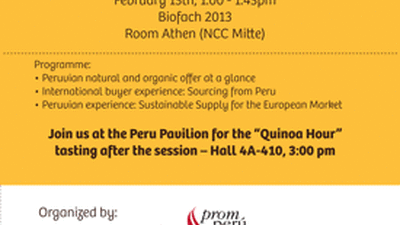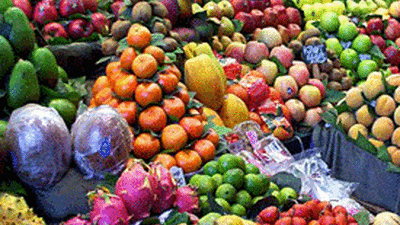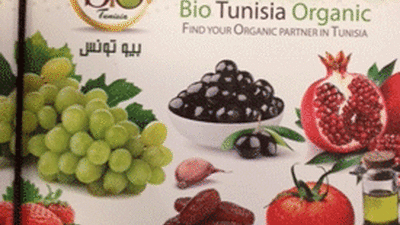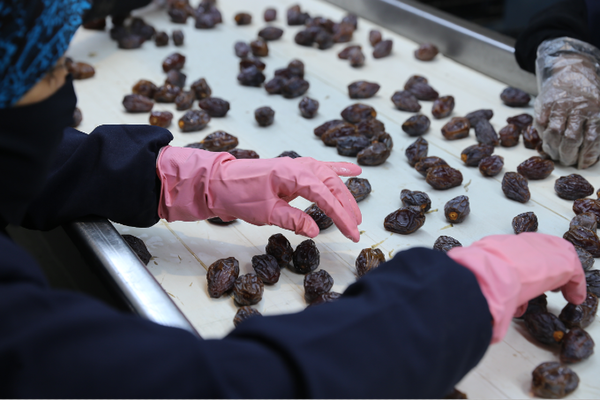
Story: Palestinianfood.net – A profitable market for traditional foods
The market portal that the International Trade Centre (ITC) created to support Palestinian agri-enterprises has meant an uptick in business and sales for Palestine Gardens and Jamileh Dates.
If this was not evident before the COVID-19 pandemic, agribusinesses across the planet today certainly acknowledge the indispensable value of marketing and selling online to reach – and win – customers in new markets. Palestinianfood.net gives food exporters in the West Bank and Gaza Strip a place to do just that.
The website has attracted more than 2,200 users and 4,620 visitors from 111 countries since its launch in March 2021.
The market portal lists companies and exporters of traditional Palestinian foods such as za’atar, freekeh, olive oil, strawberries and fresh herbs. It also helps visitors find information about medjool date producers, such as Jericho-based Palestine Gardens (PalGardens), who call the website ‘the biggest achievement’ stemming from an ITC project that helps Palestinian agribusinesses generate better income and connect with buyers. The project was carried out jointly with the Food and Agriculture Organization of the United Nations.
‘ITC addressed all our needs, starting with product photography through helping to create content for our products and our company,’ said PalGardens General Manager Momen Sonokrot. ‘This was in addition to the trainings in content writing, e-commerce and publishing our products on the platform.’
COVID-19 is omnipresent
Jamileh Dajani, the owner of Jamileh Dates, another Jericho-based date producer who took part in the ITC project, secured 19 leads and orders worth $5,000 through the web portal. ‘The platform provided an excellent place for me to reach large important markets,’ she said, noting that Jamileh Dates recently exported to a Malaysian company—the first time it has sold goods outside the State of Palestine.
‘ITC helped me to build a plan for my products and my company to trade internationally and to reach global markets through face-to-face and online workshops,’ Dajani said.
The project helped her with branding, so Jamileh Dates could make a memorable impression on customers and let them know what to expect from the company.
COVID-19 has had a severe impact on PalGardens, one of the biggest date exporters in the State of Palestine. Before the pandemic, company staff attended exhibitions around the world to promote their products, network with merchants and display their goods. While that’s now impossible, ‘the ITC project helped us solve part of the problem effectively,’ Sonokrot said.
‘We started with training on e-marketing tools,’ he explained. ‘Although we’d been doing well on social media, hiring a local and global consultant to work on the e-marketing channels that we own contributed to the website renewal, since there was direct communication between the ITC consultant and the programming company that developed our website.’
PalGardens rebuilt its website with search engine optimization readiness and hired a sales and marketing expert to improve its digital marketing. The company also created a LinkedIn page and began working with the local marketplace to boost online sales. A Facebook campaign brought in new clients and generated $3,000 for PalGardens.
Even though the ITC project ended in July of this year, its benefits haven not come to an end for Jamileh Dates and PalGardens. Not only will both companies continue to sharpen their e-marketing and e-commerce skills, but Dajani has been selected to join other women entrepreneurs at the SheTrades Global Expo networking event in Dubai from 17–19 October.
‘If it I hadn’t been for the ITC project participants, I would not have known about this expo,’ she said.




